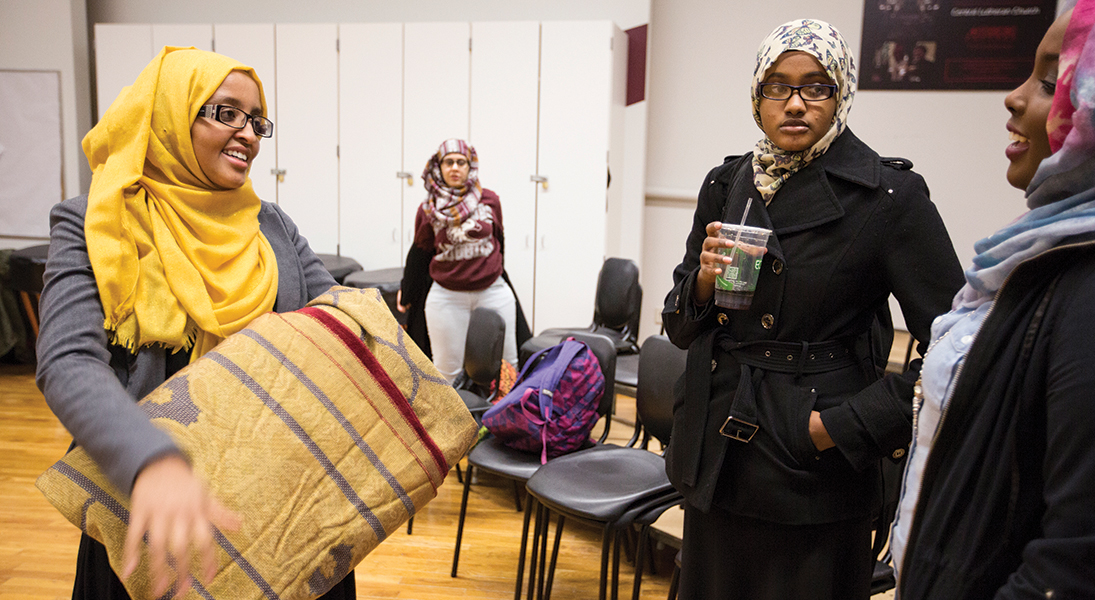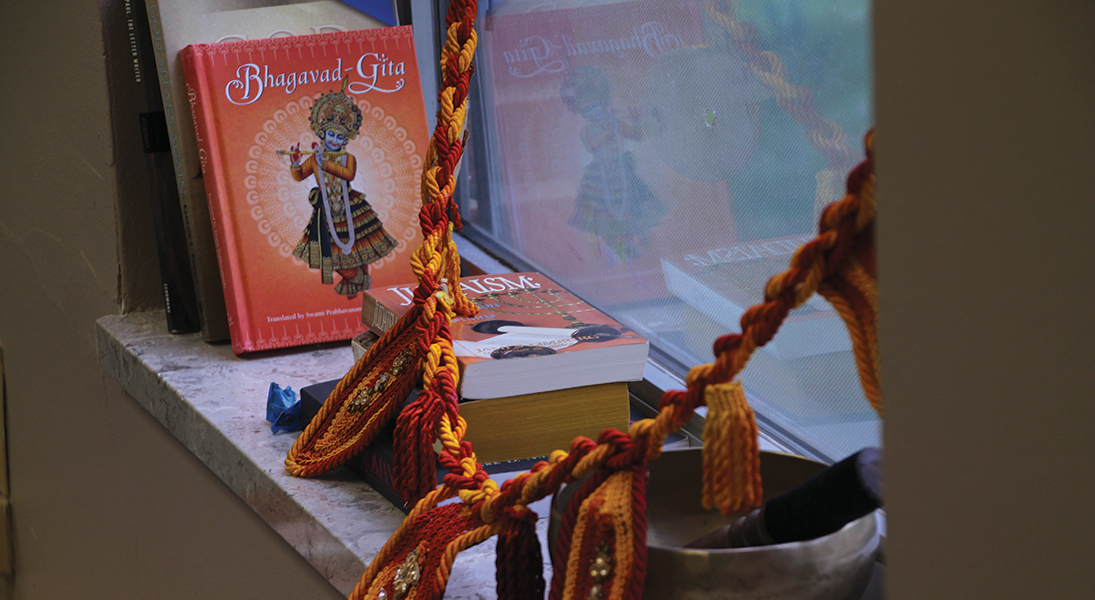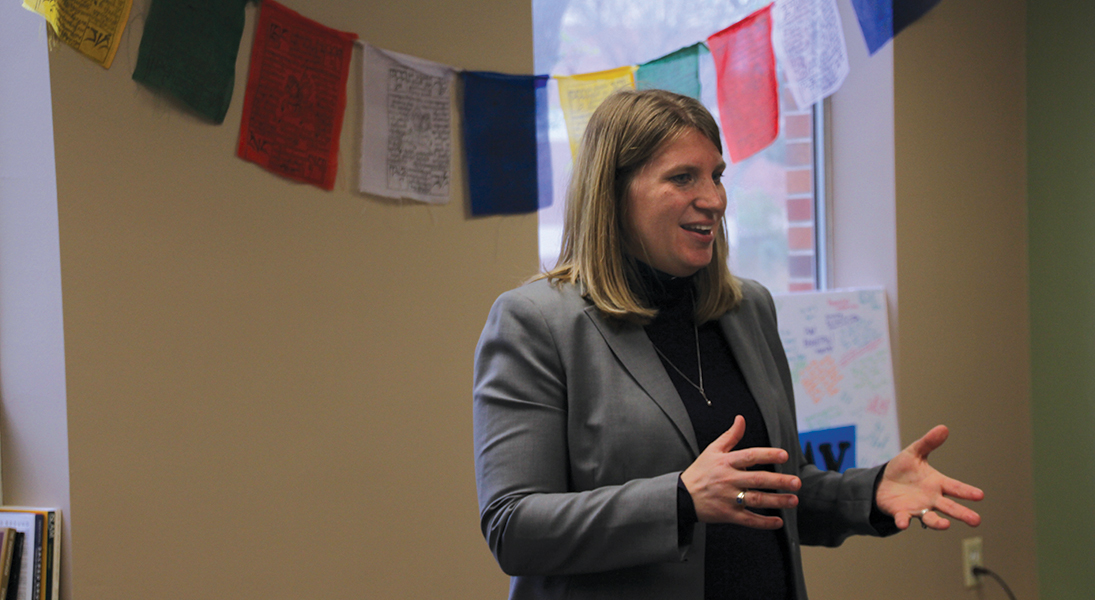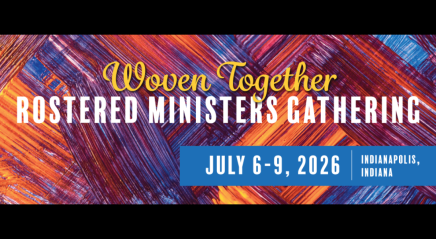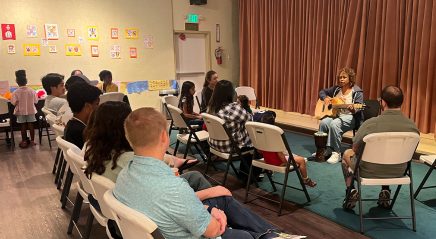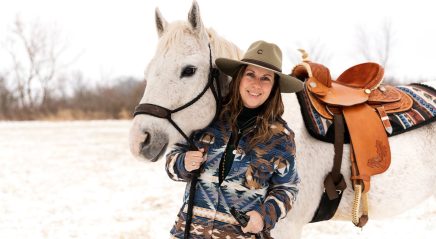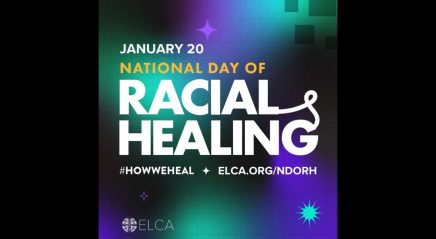“Being Lutheran is not about living in a Lutheran bubble. We become more fully Lutheran—and more importantly more fully Christian—when we encounter and do life with people who are not like us.” — Ann Rosendale, campus pastor, Augustana University
What does it mean for a Lutheran college to welcome students of other faiths?
What does it mean for a Lutheran campus ministry to minister to Muslim students?
As ELCA colleges and universities become more diverse, they’re finding new ways to do ministry among students of diverse faiths.
Augsburg University in Minneapolis has been working for years to engage its Somali neighbors. Its Cedar-Riverside neighborhood—called “Little Mogadishu” in 2017 by the Minneapolis Star Tribune—is home to the largest Somali diaspora in the nation.
Fardosa Hassan’s family fled civil war in Somalia when she was 1 and immigrated to Minneapolis when she was in elementary school. Growing up in the Cedar-Riverside neighborhood, “I always knew of Augsburg,” she said. “[The school] was so well-engaged in the community. You could talk to anybody in the neighborhood, and they all spoke highly of Augsburg.”
Since she grew up nearby, Hassan said she almost didn’t consider attending Augsburg. But after a campus tour, she changed her mind, graduating in 2012 with a degree in sociology and international relations.
A Sunni Muslim, Hassan became active in interreligious work as a student at Augsburg. In 2011 she was awarded one of the school’s first Courageous Woman Awards for her work in preparing the Nobel Peace Prize forum at Augsburg. The forum’s interfaith dialogue included Kjell Magne Bondevik, former prime minister of Norway; Mitri Raheb, pastor of Evangelical Lutheran Christmas Church in Bethlehem; Zeenat Rahman, a leader with the U.S. Agency for International Development; and U.S. Rep. Keith Ellison. She also visited the White House for the Campus Interfaith Challenge.
Following graduation, Hassan continued her work with Interfaith Action of Greater St. Paul (Minn.), then known as the St. Paul Area Council of Churches. In 2015 she became Augsburg’s first Muslim student program associate, working in the office of campus ministry.
Hassan said she’s found a calling working among people of diverse faiths. “It is something that is needed, and something that doesn’t happen enough at this time in our country,” she said. “The problem is that we usually don’t talk to each other, and it’s easy to have these prejudices.”
Through her work, Hassan visits area churches and works with colleagues who are Lutheran pastors and church leaders. Sometimes people tell her she is the first Muslim they’ve met.
As for Hassan’s Somali Muslim community, she said they aren’t surprised Augsburg hired a Muslim staff member. “They say they thought Augsburg already had that,” she added. “The amount of support I get in this work from my community is overwhelming.”
Among Muslim students, Hassan serves as a minister, support system and advocate. She helps organize Friday prayer services at Augsburg’s campus and says that for the past two years Augsburg has been her primary faith community.
For Augsburg’s non-Muslim and Christian students, Hassan is often an interpreter and teacher, as well as a listener and learner.
“I’ve been blessed by having people close to me who respect me and my faith,” she said. “It’s shown me that it is OK to be different, and that’s part of who we are as humans. We have to celebrate our differences rather than look at [them] as an obstacle.”
A place to pray
While Augsburg has opted to focus its interreligious efforts on the Somali Muslim community, Augustana University in Sioux Falls, S.D., has chosen a broader approach to serving diverse faiths.
Ann Rosendale is a campus pastor at Augustana and a champion of its recent work to open an Interfaith Reflection Room in the center of campus. She said most students of other faiths come from the university’s International Students program. A majority are Muslims, but the ministry also serves Buddhist students and those of a variety of other faiths.
Augustana also recently founded two student groups: a Muslim Student Association and a secular student group called Open Minds.
These groups, as well as a campaign called Better Together, through the Interfaith Youth Core, inspired students to approach Rosendale about creating a space on campus for spiritual reflection that wasn’t explicitly Christian or for one particular religion.
“I heard stories about Muslim students, who need to pray five times a day, finding places to pray in professors’ offices,” Rosendale said. “It became apparent that there was a need on campus for a space where students could come to pray, meditate and practice their faith—particularly non-Christian students.”
Working with a grant from Interfaith Youth Core, Augustana transformed an existing space into what is now the Interfaith Reflection Room—open 24 hours a day, accessible and safe—near the campus safety office. Prospective students are shown the room during campus tours, a point Rosendale said shows Augustana’s commitment to interreligious work.
“Being Lutheran is not about living in a Lutheran bubble,” she said. “We become more fully Lutheran—and more importantly more fully Christian—when we encounter and do life with people who are not like us. … This is what Jesus did, and [encountering people of another faith] actually draws me deeper into my own faith.”



